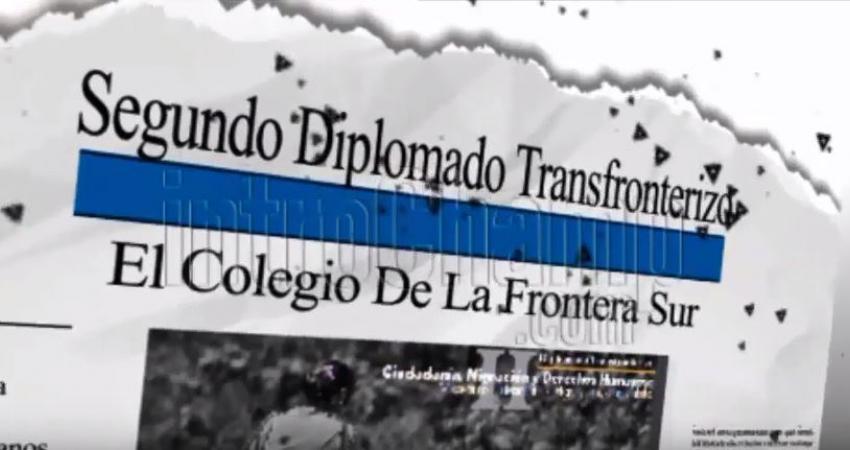Guatemala and Mexico organize cross-border diploma on migration

Migration is a human phenomenon and so goes beyond than just numbers and statistics. To understand the issue, one must study the many faces of mobility and the spaces in which it happens. This imperative underlines this second diploma course on professional training: "Human Rights in the Interactions of Old and New Mobilities".
The cross-border diploma course was made available in Mexico and Guatemala, and through theoretical training, fieldwork and research it was able to convey its body of knowledge to a group of 25 people from academia, public institutions and civil society whose work is directly related to migrants. The topics covered during the 120 hours of training included: Central American contexts and flows; labor migration and the agricultural market in the Southern Border; collectives of young people and indigenous people in migration; migration public policies; and psychosocial care for migrants.
The Autonomous University of Chiapas, the University de San Carlos de Guatemala, the Office of the Special Prosecutor for Crimes against Migrants, as well as religious institutions and the United Nations High Commissioner for Refugees participated in the meeting, among others.
The diploma course was organized by the International Organization for Migration (OIM), the South Border College (ECOSUR) and the Latin American Faculty of Social Sciences (FLACSO), under the auspices of the Working Group on Violence and Forced Migration of the Latin American Council of Social Sciences (CLACSO).
One of the most important achievements of this activity was the visit to the communities of Ciudad Hidalgo, Suchiate and Talisman, located on the border of Mexico and Guatemala and which are known for high migratory flows. In Talisman, for example, the group of students was guided by the staff of the National Institute of Migration (INM) to visit the migratory control facilities. This gave them familiarity with the different dynamics and processes of entering Mexico in a regular manner through asking questions about the work carried out by INM staff and the profile of people they attend to on a daily basis.
To wrap up the training, the participants presented research on the knowledge they acquired during the diploma course and how it can be applied in their professional lives.
They highlighted work in areas such as psychosocial care, the impact of remittances and the special attention required by vulnerable groups such as children and the LGBTI population.
